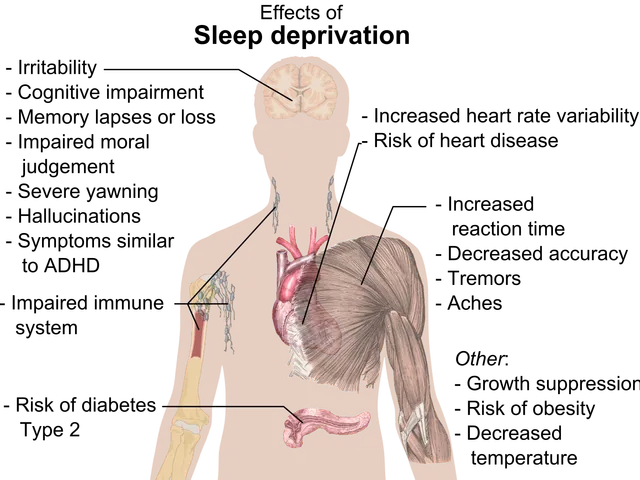Bringing Light to France's Infant Mortality: Investigating the Maternity Ward Crisis
Maternity ward shutdown ban dubbed "prelude to other closures" by reporter Sébastien Leurquin
In a recent development, Sébastien Leurquin, an independent journalist, applauds a three-year moratorium on closing small maternity units in France. His optimism centers on this move as a stepping stone for further improvements, following the publication of his investigative book, "4.1. The Scandal of Childbirth in France," co-authored with Anthony Cortes, in 2020.
This legislation, proposed by the Liot group, establishes a correlation between the decline in maternity units and the upsurge in infant mortality. However, it's essential to note that the scientific backing for this causal relationship is yet to surface.
With the infant mortality rate increasing from 3.5 to 4.1 deaths per 1,000 live births between 2011 and 2024 (according to INSEE), Sébastien Leurquin admits the situation's complexities, acknowledging, "It is difficult to understand what is happening." Despite the moratorium not being the panacea for solving infant mortality, he advocates for scrutinizing all contributing factors, starting with the maternity units network.
A Closer Look at the Crisis
Leurquin questions the administrative threshold of 300 annual births below which a maternity unit faces the possibility of closure. His investigation reveals a threefold reduction in maternity units over the past 50 years, leaving 450 units today. Alarmingly, there are only active maternity units available in 10 departments, including the Lot, which has one of France's highest infant mortality rates.
To lend clarity to the cause-and-effect dynamics behind this mortality, Leurquin supports the implementation of a birth registry that includes the reasons for newborn deaths.
Unveiling the roots of the problem:
- Prematurity and its complications often lead to increased neonatal mortality, making it the leading cause of such deaths in France.
- Congenital malformations, structural or functional anomalies present at birth, are the second leading cause of infant deaths.
- Issues during childbirth can also significantly contribute to infant mortality, potentially linked to the quality and promptness of care given during labor and delivery.
- Adequate neonatal intensive care (NICU) resources are not uniformly distributed across France. The recommended one intensive care bed per 1,000 births is often not met, and areas with fewer active maternity units struggle even more. This shortage is exacerbated by a scarcity of specialized neonatal nurses.
- Solely focusing on the number of maternity wards may not be enough. Access to neonatal intensive care is crucial, particularly in remote or underserved areas where fewer maternity units exist and specialized neonatal care may be limited or unavailable.
- The infant mortality rate has been on the rise in France, especially in the neonatal period. Improving early-life care conditions is now more critical than ever.
Moving Forward
Diving deeper into these issues requires strengthening healthcare infrastructure, particularly for neonatal intensive care, and ensuring equitable distribution of specialized medical resources. Ultimately, becoming fully aware of the intricacies behind high infant mortality rates in France is the first step toward unlocking solutions that prioritize the health and well-being of the nation's youngest citizens.
- The three-year moratorium on closing small maternity units in France, proposed by the Liot group, is relevant to the health-and-wellness and women's health sectors, as it aims to address the rising infant mortality rate in France.
- Independent journalist Sébastien Leurquin, in his investigative work on France's infant mortality crisis, calls for policy-and-legislation changes, such as the implementation of a birth registry and a reconsideration of the administrative threshold for maternity units, to aid in understanding and addressing the issue.
- In the context of general news, Leurquin's work sheds light on how French science, particularly in the areas of obstetrics and neonatology, contributes to understanding the root causes of France's infant mortality crisis, including prematurity, congenital malformations, issues during childbirth, inadequate neonatal intensive care resources, and access to care in remote or underserved areas.








